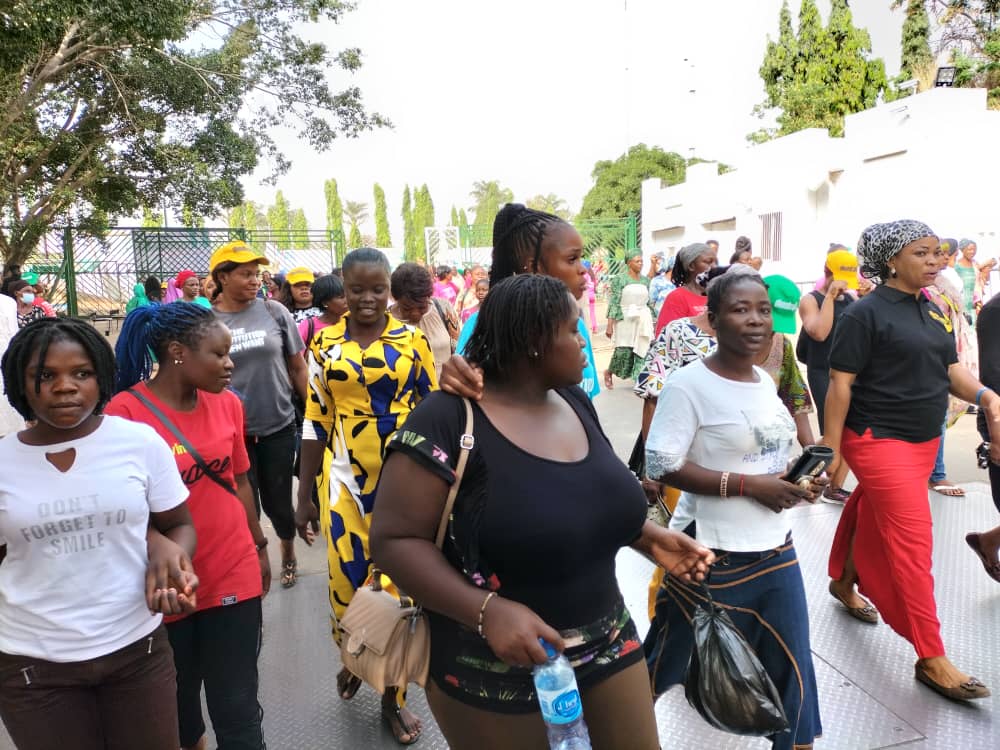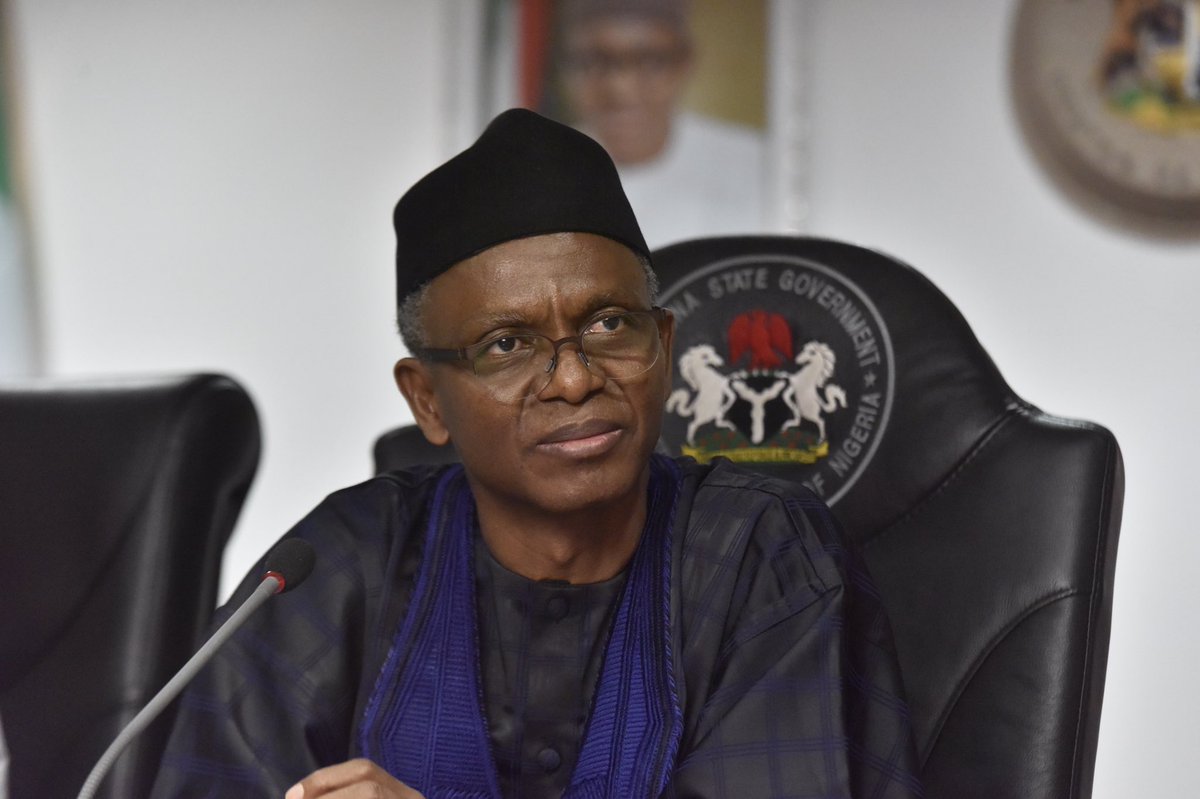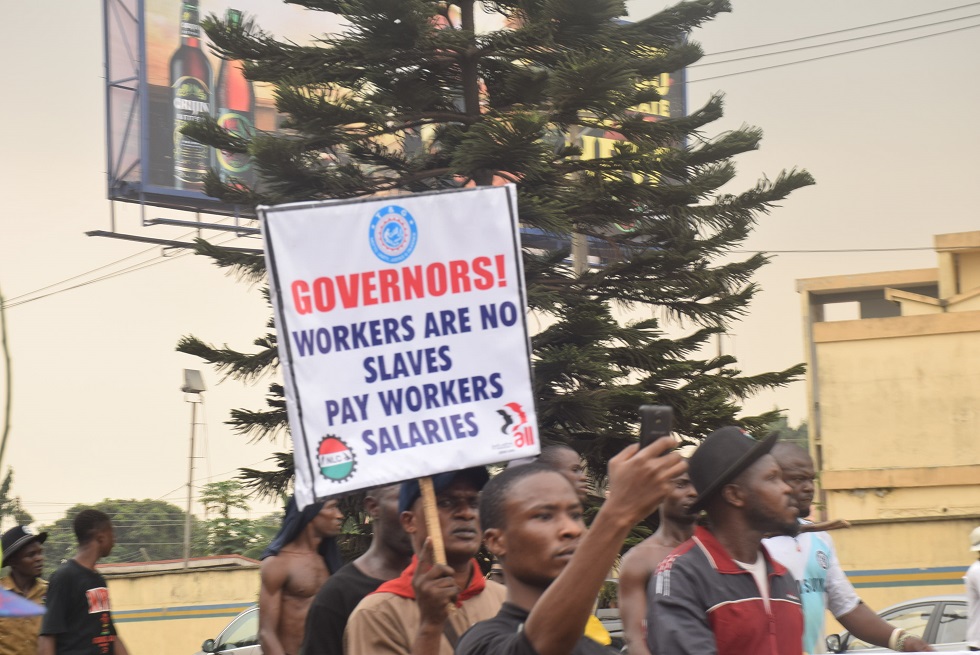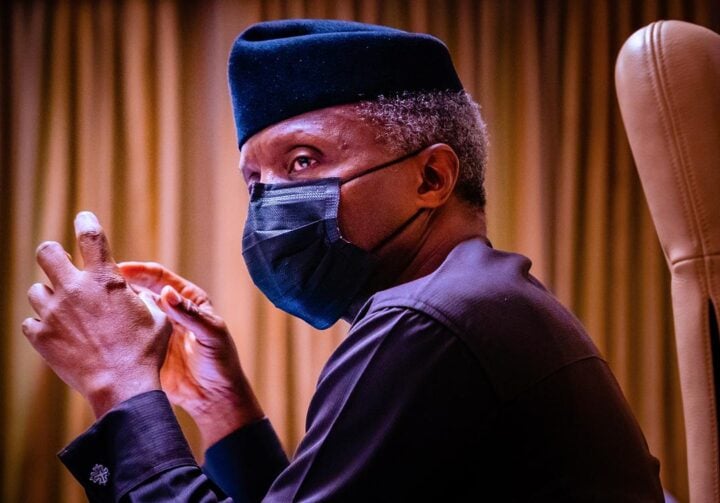BY AREKPITAN IKHENAODE
On March 2, 2022, hundreds of Nigerian women gathered at the national assembly to protest the rejection of bills that guaranteed increased gender equality. All five bills addressing citizenship issues, reserved seats in parliament, affirmative action, and indigeneship — allowing women to become natives of their husbands’ states — were rejected by lawmakers who chose to kick off International Women’s Month with an almost-homogenous dismissal of women’s issues. While this is worrisome, it is not new.
On December 15, 2021, the Nigerian senate rejected for a second time the gender and equal opportunities (GEO) bill designed to secure the rights of women and girls in the country. First presented in 2016, most male lawmakers contested its usefulness. They argued that the Nigerian constitution already clearly upholds the rights of all women. These reasons, however untrue, have become the bedrock for the continuous rejection of pro-women bills.
Nigeria is far from being a gender-equal society. For a country where women are half the population, Nigeria has one of the lowest numbers of female representation, ranking 181st out of 193 countries with only 3.6% female representation in parliament. Women hold only 9.8% of local government seats, only 30.3% hold managerial positions, and Nigerian women rank 27.3% in the financial inclusion index.
Advertisement
In light of these abysmal statistics, it is not out of place for efforts like the GEO bill to emerge. To see it as an aberration and to continually vote at every instance to preserve the status quo is to trivialize the issues Nigerian women face.
Good intentions do not always translate to credible actions, and those who continually promote how sufficient the constitution is are ignorant of how the Nigerian constitution harms women.
Apart from section 42, which prohibits discrimination on the grounds of sex, the constitution makes no specific and substantive provision protecting women’s rights. The Marriage Act does not set a minimum age for marriage. Section 55 of the Penal Code allows a husband to beat his wife to correct her; Section 26, by implication, limits the right of a Nigerian woman to transmit her nationality to a foreign husband, and the Nigerian criminal code does not recognize marital rape.
Advertisement
Such laws in a country yet to ratify international instruments on women’s rights do nothing to safeguard women’s rights. This kind of deficiency is why localized federal bills are important because they are worded and equipped to work in the peculiarities of Nigerian life. With a federal bill, geographic and ethnic disparities in enjoying women’s rights are taken care of. Advancement for one becomes advancement for all.
It is also reckless to reject a bill based on existing constitutional provisions. Other pieces of legislation can affirm the constitution, and this is not an anomaly.
Apart from the constitution, other national legislation contains provisions that protect women’s rights in Nigeria. For example, the Violence Against Women Prohibition Act and Trafficking in Persons (Prohibition) Law Enforcement and Administration Act, 2003. Also, across the 36 states, we have seen states come up with their legislation. For example, the Edo State Female Circumcision and Genital Mutilation Prohibition Law (1999).
In these instances, the constitution was not deemed enough. It would be hypocritical now to think so, just because equality is contested.
Advertisement
One senator said he would only support it if “equality” wasn’t used in its title. Another said he wanted “equity” instead of “equality”, never mind that equity is equality and more. These perceptions are proof that the full humanity of women is contested even in rooms with people who should know better.
While some continue to vote to prevent a “women take-over” by preserving laws that relegate and subjugate women, we have seen time and again that nations that fail women fail. It is also evident that societies that maltreat women are poorer and less stable—the cost of misogyny. Will we choose to continue to pay this price?
The GEO and every other equality-promoting bill is an opportunity for the Nigerian government to pay attention to the lives of a group that’s half the population. It is an opportunity to evaluate the current strategy and take bold steps to reduce the chances of women’s voices being hindered or overlooked. Till this is done, we must continue to demand a Nigeria that works for women.
Arekpitan Ikhenaode is a writing fellow at African Liberty, with works centred on justice. She tweets at @the_arekpitan
Advertisement
Views expressed by contributors are strictly personal and not of TheCable.
Add a comment






